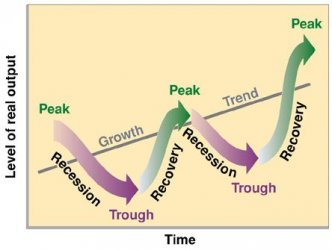Oldandtired
Rookie
- Banned
- #21
Yeah...something told me that my discussing basic economics would be the end of the left adding to this debate.
Face it...all you got are talking points. Once logic and facts are presented, you run like George Castanza from a kitchen fire.
Face it...all you got are talking points. Once logic and facts are presented, you run like George Castanza from a kitchen fire.

 Praying for the economy to fail are we?
Praying for the economy to fail are we?

